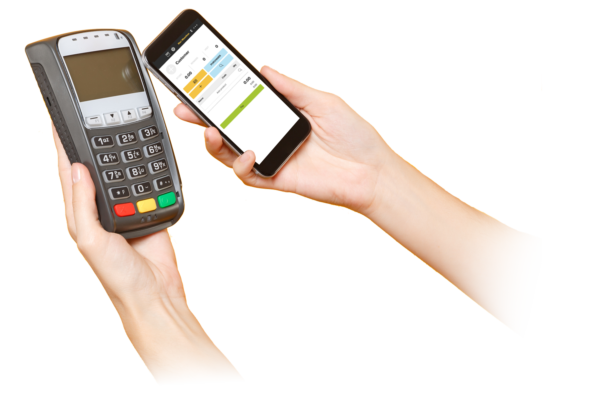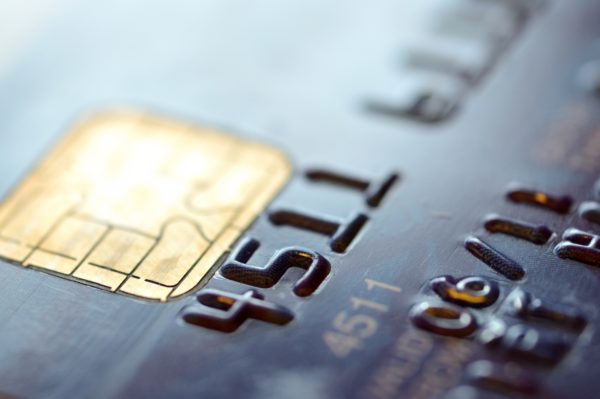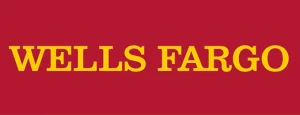Payment technology is constantly updating to keep up with the latest security innovations.
The US marked the end of a 40-year era when it transitioned from magnetic stripe cards to EMV or chip cards. Past payment devices that utilized magnetic stripe technology were prone to attempts at card fraud.
The new EMV standard significantly reduces the risk of a consumer’s payment information becoming compromised. EMV chips are virtually impossible to copy when inserted into a payment machine, unlike the easy-to-copy layout of magnetic cards.
With EMV payments comes room for plenty of security innovations as retail evolves.
Don’t be held accountable for card payment fraud
When the EMV standard was upheld in October 2015, all merchants without an EMV-compatible POS system were declared responsible for any chargebacks and fraudulent card acceptances. If a customer’s card was compromised after it was swiped via magnetic stripe, the retailer would be held accountable.
It’s important to note that this responsibility only applies when an EMV card is presented at the point of sale.
Non-EMV cards are extremely rare — most banks automatically upgraded consumer’s cards to EMV cards once the standard was put in place. Businesses are not responsible for the security of non-EMV cards (think an old gift card).
If a merchant doesn’t own an EMV-enabled device, it’s impossible for their payments system to detect if any incoming card payments are from an EMV card. For this reason, upgrading all payment terminals to be EMV-enabled will ensure that your business is not responsible in the event that a non-EMV card receives a fraudulent charge.
How do I know if my terminal is EMV-enabled?
During checkout, an EMV-enabled terminal will signal that a card should be dipped.
A terminal that is not EMV-enabled will signal that a card should be swiped during checkout.
How EMV will benefit your business
Other than the security benefits mentioned above, EMV payments allow businesses to process payments faster and on a wider range of devices.
Mobile payments and contactless payments are two EMV-enabled options that are rapidly growing in popularity because they provide an easier customer checkout experience. Working with an EMV-ready solution enables your business to offer payment options that your customers prefer.
Security innovations
Hackers and x move at a fast pace, but security technology is faster. Keeping your business up-to-date with EMV devices opens the doors to the latest security innovations
- Data encryption
- Data tokenization
- Device management from anywhere
The latest technology doesn’t just keep you and your customer’s data secure — they also help you identify areas of improvement with real-time usage analytics.
Upgraded payments systems
The use of EMV-enabled devices gives you more ways to set up your payments internally. Fully integrated systems, such as digital wallets, makes it easier for you to manage transactions sen to and from your business.
A notable benefit here is that integrated payment systems often comes with additional third-party support. Partnering with trusted names in payments ensure that consistent security updates will be pushed to your payment devices, keeping your customer’s data safe from fraud.

















